-
TrackoBit
Manage commercial vehicles with the new-age Fleet Management Software
TrackoBit -
TrackoField
Streamline your scattered workforce with Field Force Management Software
TrackoField -
Features Resources
-
Blog
Carefully curated articles to update you on industrial trends. -
White Paper
Insightful papers and analysis on essential subject matters. -
Glossary
Explore an alphabetical list of relevant industry terms. -
What’s New
Get TrackoBit & TrackoField monthly updates here. -
Case Study
Explore the cases we solved with our diverse solutions. -
Comparisons
Compare platforms, features, and pricing to find your best fit.
-
About Us
Get to know TrackoBit: our team, ethos, values, and vision. -
Careers
Join the most dynamic cult of coders, creatives and changemakers. -
Tech Support
Learn about our technical support team and services in detail. -
Events
Check out the exhibitions where we left our marks and conquered. -
Contact Us
Connect with us and let us know how we can be of service.
How to Choose the Right GPS Trackers in 2026? 5 Things to Consider!
- Author:Nandita Gupta
- Read Time:5 min
- Published:
- Last Update: December 26, 2025
Table of Contents
Toggle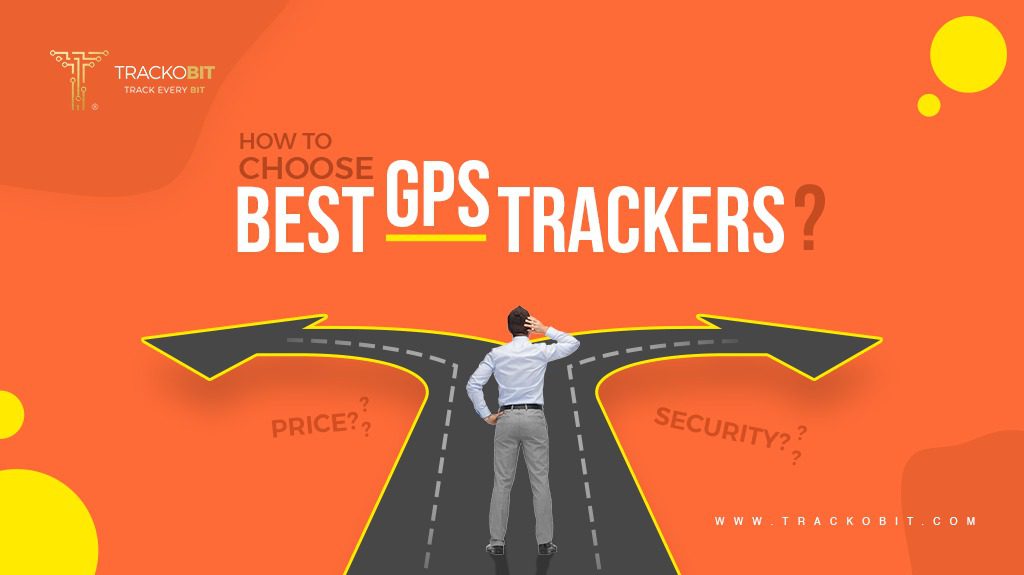
Choosing the right GPS trackers can make a huge difference in real-time location tracking, ensuring efficient fleet management, and secure monitoring of valuable assets.
Table of Contents
Toggle
The GPS tracking systems when added with the Right GPS trackers, lets businesses:
- Track real-time vehicle location & mileage
- Optimise routes for faster commutes
- Track operators for better supervision
- Schedule routes or appointments
- Set up areas of coverage, waypoints
GPS trackers are the best source to monitor the location and performance of your vehicles in real time while reducing idling time and improving fleet vehicle utilization.
What are GPS Trackers?
GPS tracking devices are portable tools that help monitor and track the precise location of vehicles, drivers, assets, or any equipment they are mounted on. GPS devices transmit radio signals to satellites that determine the locational data.
However, the capabilities of GPS tracking devices are not limited to acquiring geographic coordinates. When paired with telematics, these advanced technologies supported GPS hardware devices collect data on asset activities, operational trends, hidden anomalies, and much more.
With various types of GPS trackers around, the ideal device should be chosen based on the purpose and the requirement. If you are thinking of purchasing GPS tracking devices to manage your fleet of vehicles, then read the following tips to select the best one.
How to Find the Right GPS Trackers? In 5 Ways!
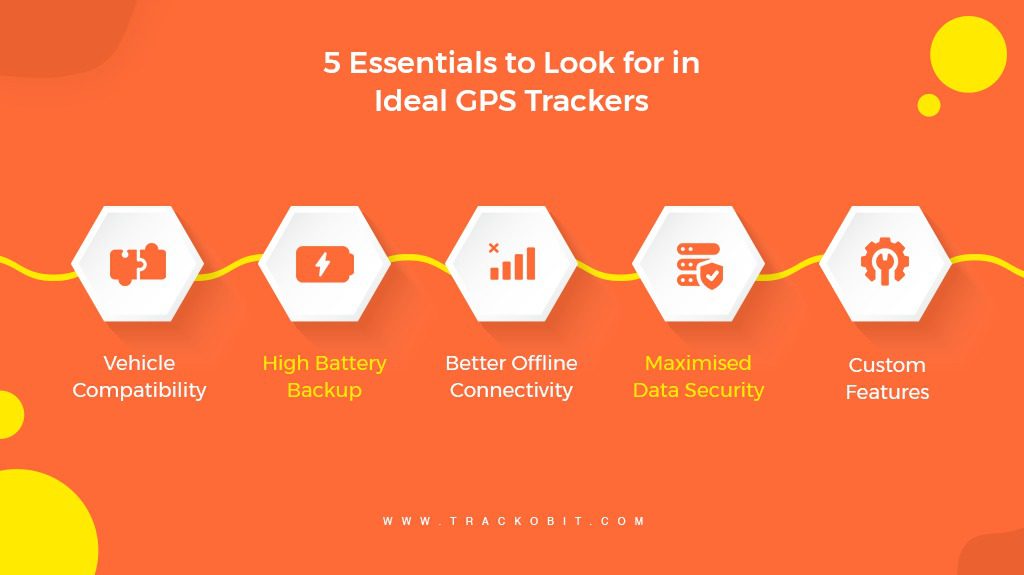
1. Powerful Compatibility with Vehicle
While purchasing GPS tracking devices, make sure they are compatible with your vehicle model and the software you use. A perfectly compatible device will effortlessly collect all the navigational information. Modern vehicles are engineered with standard OBD-II ports, therefore look for any quality OBD-based GPS tracking system that offers superior compatibility with the precise make and model of your vehicle.
2. High Battery Backup
Choose a GPS tracker that provides long battery support as you won’t have to worry about recharging the battery. Ensuring good battery life is important because your GPS won’t stop working even when the vehicle is parked in a lot.
Generally, if there isn’t any active tracking involved, most GPS trackers have a long battery life that can last for up to 6-12 months. Active vehicle tracking reduces battery life, requiring more frequent charging.
While buying GPS hardware, looking at its battery configurations will make a massive difference. This will help you determine the type of GPS hardware devices you’re considering need daily charging or are good to last for 2-3 weeks on a single charge.
Short haul trips lasting up to 2-3 days usually don’t need GPS trackers with extended battery life. The choice totally depends on the fleet schedule and route planning.
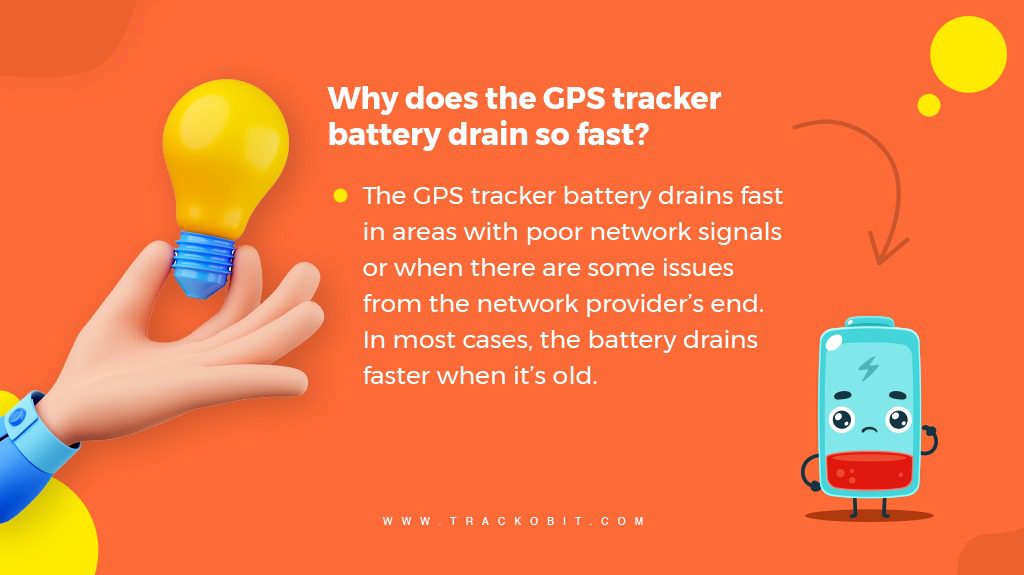
3. Better Offline Connectivity
Network issues are very common and frustrating. Thus, it’s best to choose the smart fleet tracker that provides guided navigation for every turn even when it’s offline. Best GPS hardware devices ideally have the capacity to record trip data for a set period of time even when not connected to the internet.
Hence, choose the GPS hardware that can operate even if there is a network downtime for a couple of minutes. However, once the network is restored, the GPS tracking system should be able to transfer data (collected in offline mode) to the main servers in a short while.
4. Maximised Data Security
GPS tracking devices’ role is to store a large amount of sensitive information about your vehicle’s locational data and other journey-specific details. This gathered data through a smart fleet tracker is purely personal and needs safe transfer without any risks of leakages. With such devices, risks of cyber security threats in the form of spoofing (where a malicious sender sends false GPS signals to mislead a receiver) are very common.
Thus, for vehicle owners, it is important to choose GPS devices that adhere to the highest safety measures & industry-standard protocols. Choose GPS hardware devices that offer vendor-level data encryption throughout the signal transmission process.
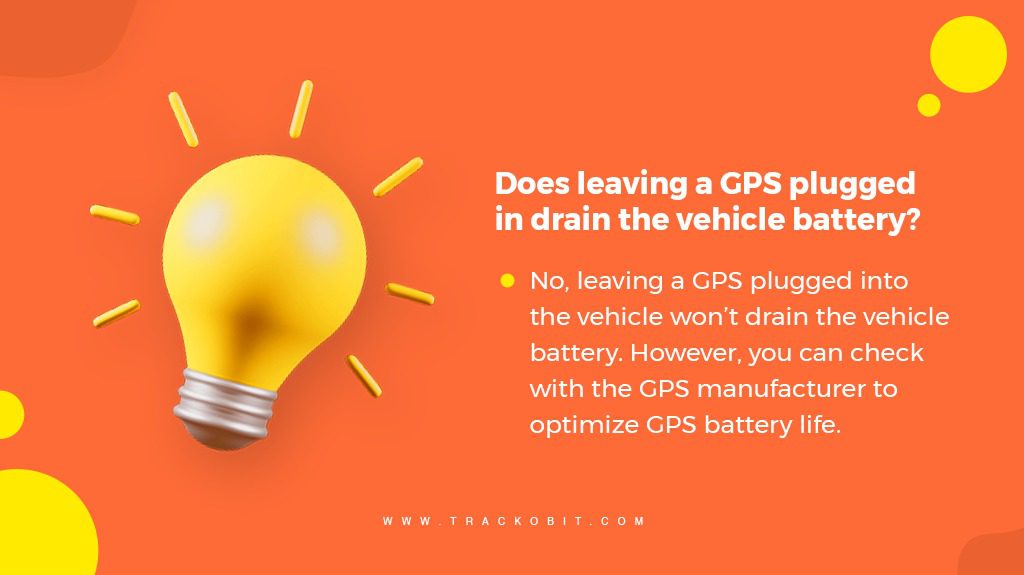
5. Choose a GPS Tracker with “Exclusive Features”
A GPS tracker is never a one-size-fits-all solution. Various GPS tracking devices are available possessing different capabilities & features. Businesses should thoroughly study what kind of features or aspects they want in their latest technology – supported GPS hardware.
Factors like routes, location, weather resistance, typical hours on the road, and tracking duration —- all need due consideration. If your fleet crosses borders and operates in different weather conditions, you need a GPS tracker that can withstand such events. Or if your fleet requires safety and tracking even when it’s parked for a longer haul, choose a GPS tracker whose battery won’t give you a hard time.
If you are a budget-conscious brand (who isn’t), then you should add a GPS tracker up-front and subscription costs in your GPS buying decision.
Final Thoughts on Choosing GPS Trackers!
Choose GPS tracking devices that when integrated with GPS tracking software are capable of reporting instant, real-time updates. The speed and frequency of data points refresh is important for fleet owners when choosing smart fleet trackers. Also, the environment where the GPS tracker will be placed is equally important.
It’s important to look for a GPS tracking system that offers strong signal reception, accurate coordinates, better stability even during connection loss, and requires less periodical restart or even reset. And on top of that, it must offer added safety, security, and advanced geospatial tracking capabilities.
Confusion is a must when multiple options such as standard, wireless, plug-and-play, and waterproof GPS trackers are available. Don’t worry, allow our experts to help you pick the best combination of quality GPS tracking devices and sensors from trusted brands.
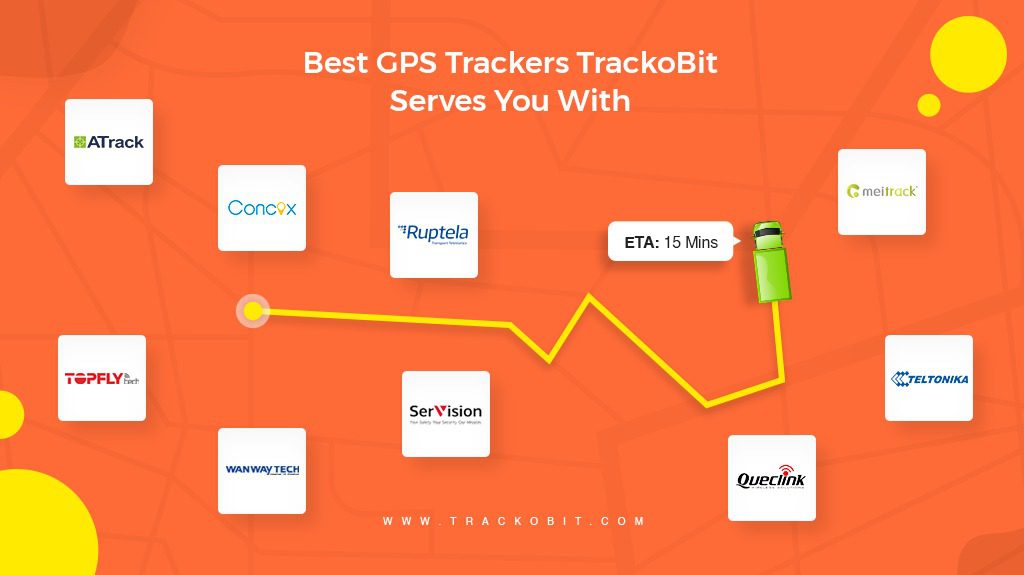
Frequently Asked Questions on GPS Hardware Devices!
-
Does a GPS tracker need the internet?
A high-quality GPS tracker should manage even if there is a poor, unstable, or zero network. However, to continue with accurate live tracking it must be able to report data once the connection revives.
-
What are the types of GPS trackers?
Active and passive GPS trackers are the main types of GPS trackers. 1. Active GPS trackers - They capture real-time statistics such as coordinates, speed, altitude, speed, distance travelled, etc. 2. Passive GPS trackers - They help monitor vehicle routes, performance, and driver behavior through GPS satellites. However, they do not provide information in real-time but rather store information through an internal memory, USB stick, or memory card
Nandita is the Team Lead for Content Marketing at TrackoBit, bringing over a decade of experience in B2B, B2C, and IoT sectors. She has a proven track record of helping Read More
Related Blogs
-
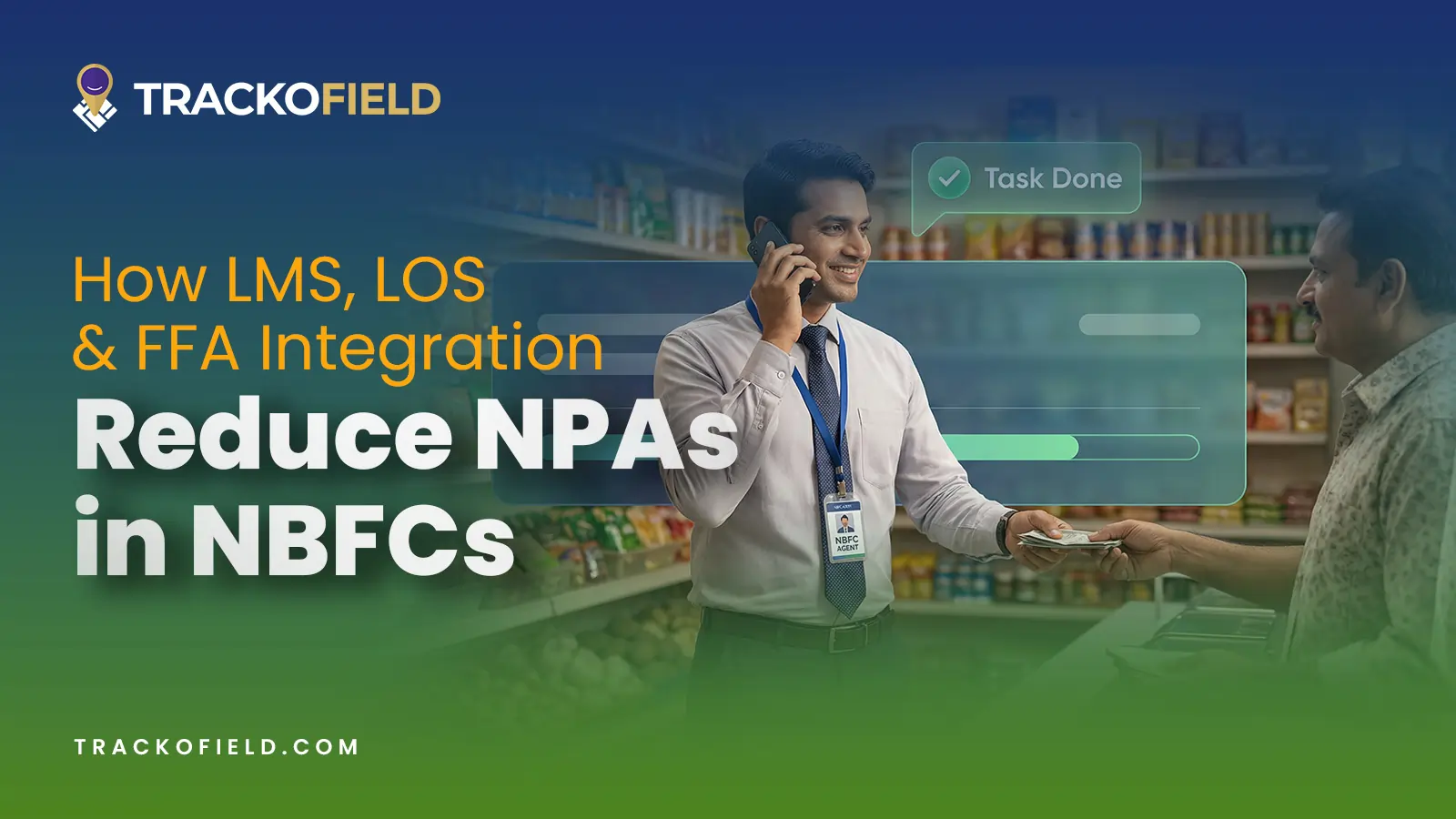
How NBFCs Can Reduce NPAs Using LMS + LOS + FFA Integration
TrackoBit Staff January 30, 2026Here’s how NBFCs can smartly integrate LOS, LMS, and FFA software to reduce NPAs and ensure seamless field operations.
-
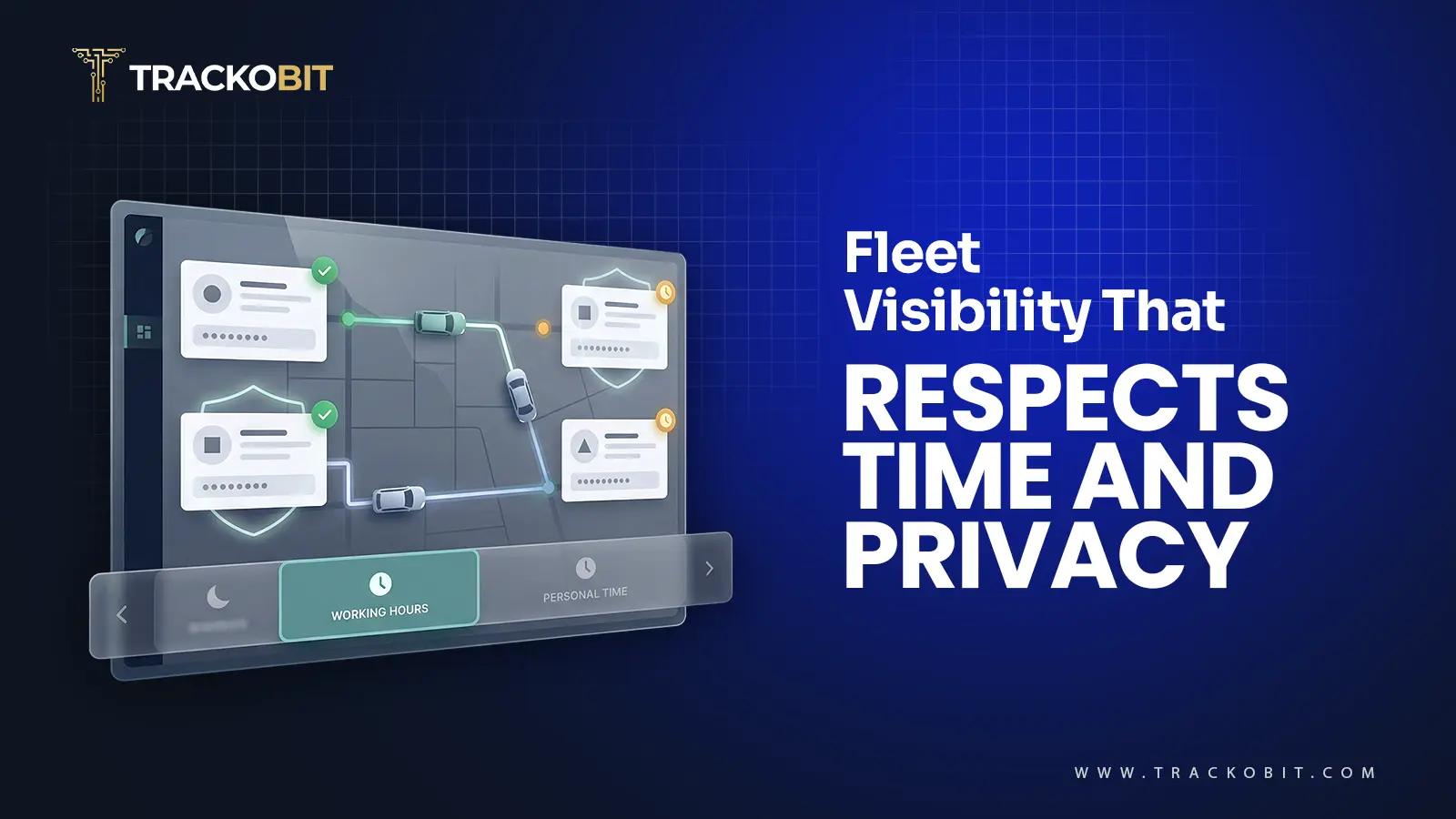
When Tracking Needs a Clock: Rethinking Fleet Visibility
Tithi Agarwal December 24, 2025Read on to understand why fleet tracking works better when it follows working hours. Because visibility should support operations, not…
-

What Makes TrackoBit’s Video Telematics Software Truly Next-Gen?
Shemanti Ghosh December 17, 2025TrackoBit’s video telematics software blends smart video intelligence with full server control. The result? Superior fleet reliability and safety.
-
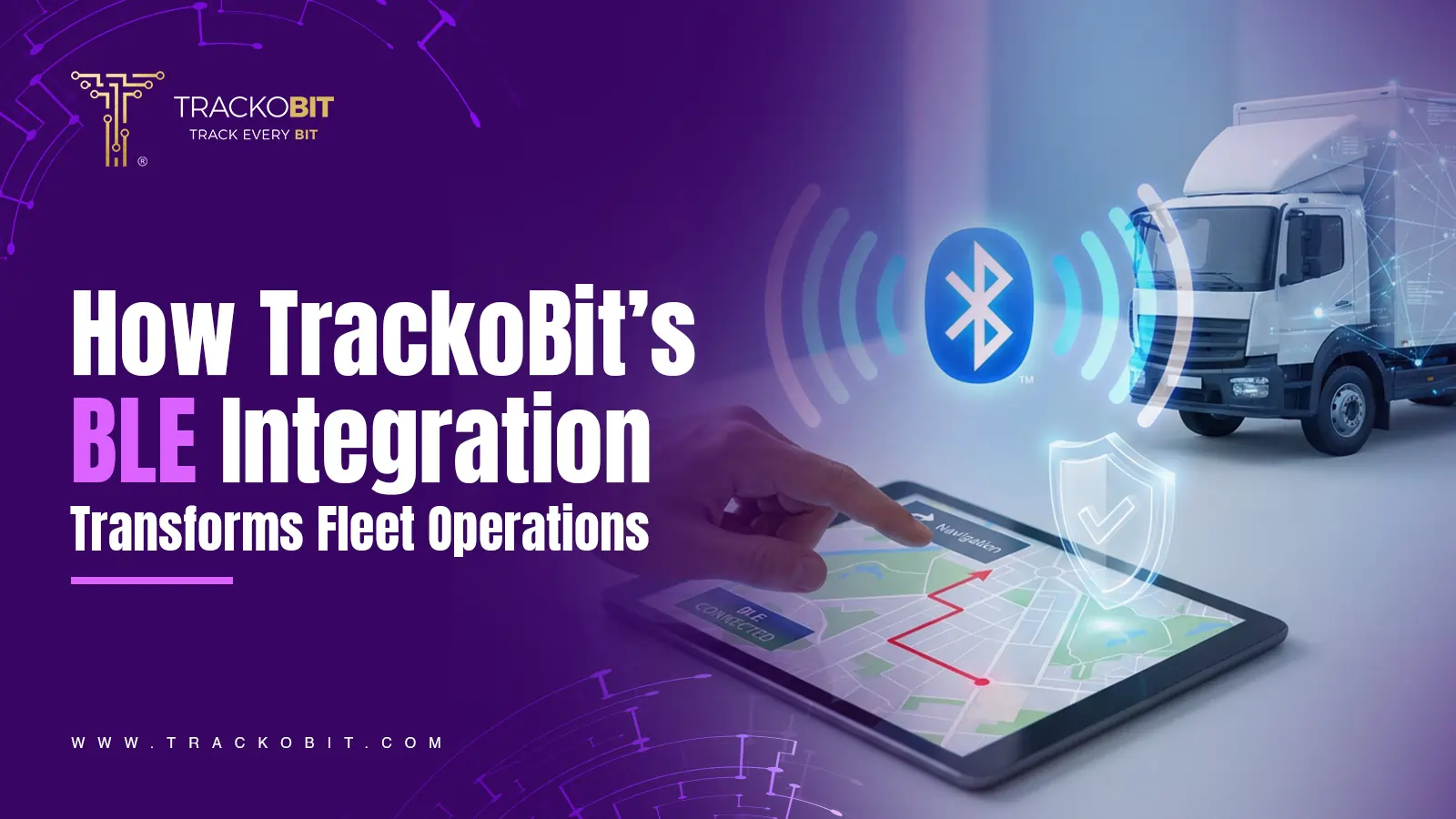
Plug, Pair, Perform TrackoBit Introduces BLE Sensor Integration
Tithi Agarwal November 26, 2025TrackoBit’s BLE Sensor Integration enables wireless, real-time monitoring with faster installs and accurate insights. It improves fleet efficiency, visibility, and…

Subscribe for weekly tips to optimize your fleet’s potential!
Your inbox awaits a welcome email. Stay tuned for the latest blog updates & expert insights.
"While you're here, dive into some more reads or grab quick bites from our social platforms!"Stay Updated on tech, telematics and mobility. Don't miss out on the latest in the industry.
We use cookies to enhance and personalize your browsing experience. By continuing to use our website, you agree to our Privacy Policy.


































